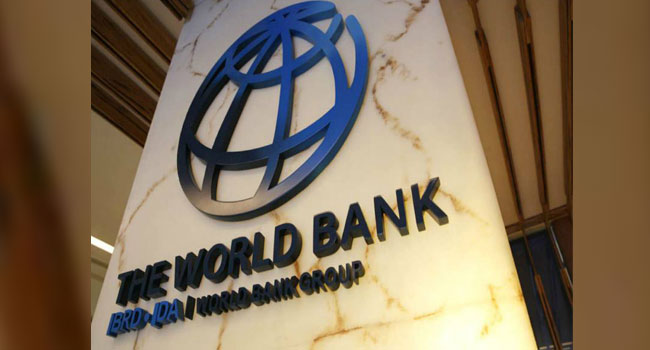Prompted by rising food and fuel prices globally, among other stimulants, the naira recorded a depreciation of 10.2 percent in 2022, the World Bank has said.
The international financial institution, in its Africa Pulse report published on Wednesday, stated that the depreciation of the exchange rate was also a major contributor to inflationary pressures in the Sub-Saharan region.
It noted that the Ghanaian cedi, which it said was the worst performing currency in the region during 2022, posted a depreciation of about 40 percent and had weakened an additional 20 percent so far in 2023.
“Other currencies with significant losses last year include those of Sudan (23.6 percent), Malawi (20.7 percent), The Gambia (14.6 percent), and Nigeria (10.2 percent),” it stated.
The report also explained that oil production in Nigeria picked up in late 2022, thanks to improved security that “has so far prevented further oil theft”. It however added that production remains below the OPEC+ quota.
“Non-oil economic activity remained weak as the agriculture and industrial sectors experienced a rapid increase in the costs of energy and raw materials that were magnified by a weaker naira in the foreign exchange market,” it said.
In Western and Central Africa (AFW) subregion, according to the World Bank, incoming data point to further moderation of growth at the start of the year as challenges arising from mounting fiscal pressures amid lack of fiscal space and unsustainable debt positions, as well as stubbornly high inflation, affect the largest countries in the subregion.
“In Nigeria, recently released activity data show mixed results. On the one hand, real GDP growth was higher than expected in the fourth quarter of 2022. It picked up to 3.5 percent y/y, from 2.3 percent in the third quarter. Both oil and non-oil sector activity improved by late 2022,” it said.
“After a 22.7 percent y/y contraction in the third quarter of 2022, oil GDP fell by 13.4 percent y/y in the fourth quarter as security services were making headway against oil theft.”
The report stated that, in January 2023, oil production increased to a 10-month high of 1.34 million barrels per day, though output was said to still be below the country’s OPEC+ quota.
Growth in non-oil activity reportedly increased “slightly” to 4.4 percent year-over-year in the fourth quarter of 2022, from 4.3 percent in the third quarter.
“Faster growth in agriculture and a recovery in manufacturing appear to have driven this increase. However, the demonetization efforts that started in mid-December are weighing on economic activity,” it added.









